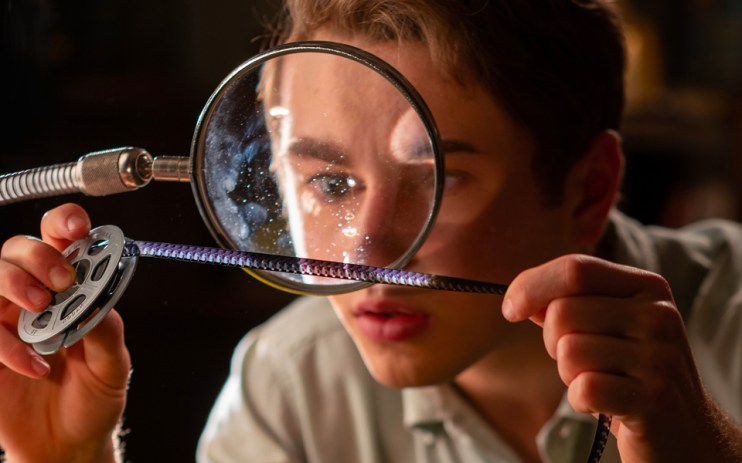The Fabelmans is Steven Spielberg’s brilliant love letter to cinema

A Best Picture Oscar nomination this week will be a welcome relief for The Fabelmans, Steven Spielberg’s new family drama.
When it debuted in the US last year, it became the Hollywood legend’s worst performing film, and an undeserved flop as audiences stayed away from prestige movies. Will the Oscar bump see a happier ending here?
The film is a fictionalised take on Spielberg’s childhood. The names are different, but the events follow closely his early years as a film obsessed boy in Arizona. As his proxy Sam (Gabriel LaBelle) falls for the Silver Screen, he deals with his family moving cities, as well as the strain between his work-obsessed father (Paul Dano) and artistic mother (Michelle Williams).
Running at around two and a half hours, the 50s-set film takes on many forms. It’s at its best when examining the flaws of his parents, adopting a darker tone than we’re used to seeing from a Spielberg movie. The characters are damaged, and their difficulties aren’t resolved easily.
The scenes dealing with high school are more formulaic, but the Oscar winner never forgets the humanity in the story. Yes, it’s a love letter to cinema, or his ‘hobby’ as Spielberg Sr calls it.
However, aside from a delightful end scene with John Ford (David Lynch), it rightly focuses on the people who sparked his creativity. Dano continues his diverse career with a role that couldn’t be more different to The Riddler. Along with Spielberg and Tony Kushner’s script, he’s at great pains to show a man who is caring but perhaps too emotionally distant from those he loves.
Williams, by contrast, is a whirlwind, constantly on the verge of a meltdown. It’s to everyone’s credit that she is never portrayed as cruel or raving, an ugly stereotype of mental illness in cinema.
As for Sam/Spielberg himself, LaBelle is superb. Meek without being boring, he captures his real life inspiration perfectly. Movies about Hollywood can often be dry and self-serving.
The Fabelmans is about family, and the imperfect homes that make us who we are. Spielberg waited until his parents’ passing to make the movie for fear of upsetting them, but it’s safe to say he’s done them proud.